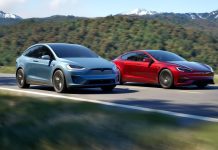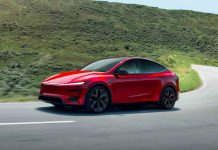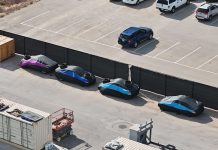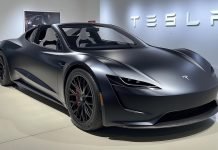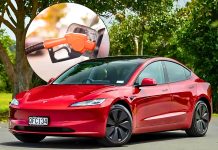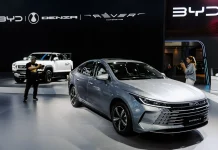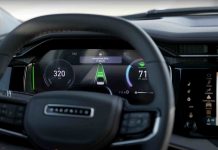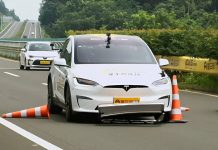Unexpectedly, new challenges put pressure on Volkswagen and Audi’s ambitious plans for electric vehicles (EVs), leaving the brands returning to their ICE roots. After total annual sales went down in 2024 for most car brands, the Volkswagen Group slowed down its changes toward fully electric models.
It has been reported in the German business daily, the Handelsblatt, that both have started to scale back their EV investments in Europe. Volkswagen was previously dedicated to transitioning the brand to electric only in the region by 2033, but that timeframe may have been shifted. Even Audi, which intended to ban the traditional combustion engines all around the world by the same year, has now moderated their approach.
Analyzing the company’s top official’s statement, CEO Gernot Döllner said Audi will remain flexible—meaning that gas-powered models will not be banned soon.
One sign of this change is that Volkswagen plans to continue the current Golf Mk8 model of the vehicle up to the mid-2030s, even after the release of the vehicle models of the Golf Mk9. Volkswagen has recently outplayed its technical development head, Kai Grünitz, to the effect that continued investments and facelifts of ICE models will persist instead of discontinuing altogether.
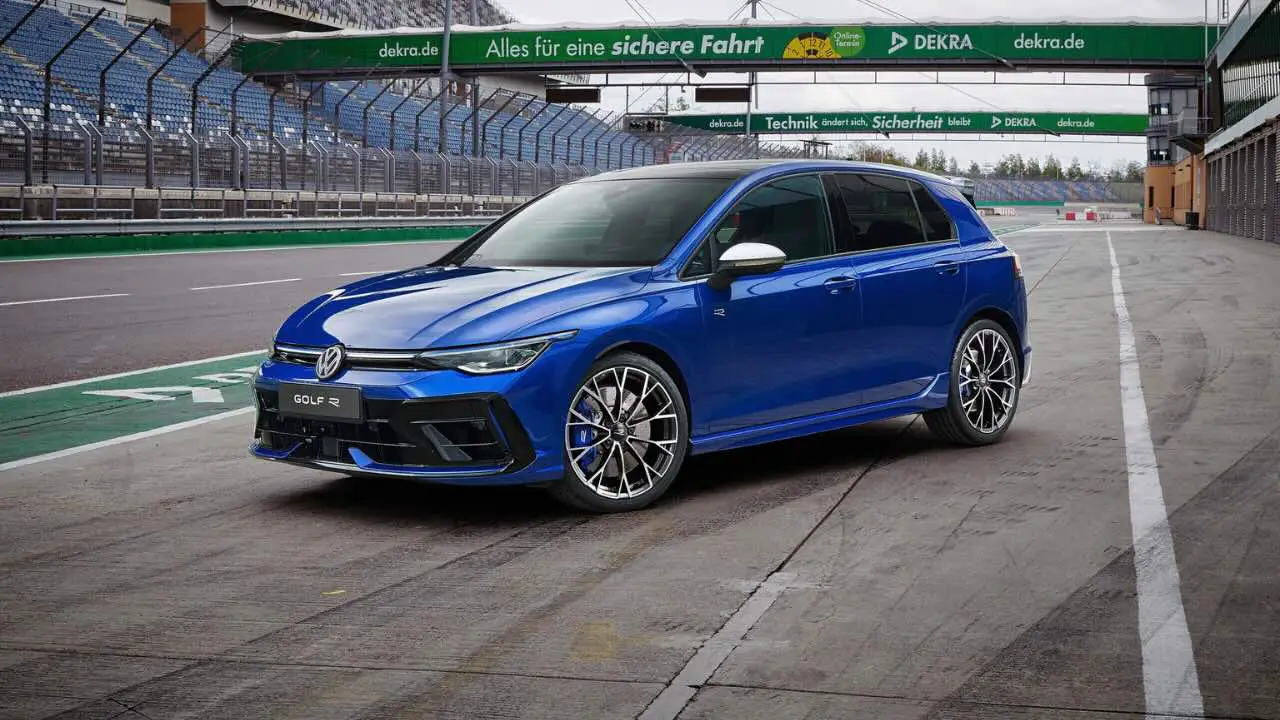
A Broader Shift Across VW Group Brands
This strategic reshuffling is not the only issue for Volkswagen and Audi. Other carmakers that the Volkswagen group includes—brands like Skoda and SEAT/Cupra—may do the same, as these brands largely rely on shared platforms. Not even Porsche, which had once bet many of its horses on electric vehicles, is now drawing back. In 2024, sales of the electric Taycan declined by 49%, hence creating a need for Porsche to reformulate its lineup shortly and bring back internal combustion engines. However, the Macan EV indicated earlier that it sold you over 18,000 units in the first year.
The Audi group, which is under VW Group, is also cutting down on its electrification projects. It postponed an electric Bentley by two years—from 2025 to 2026—and delayed the electrification of all vehicles to 2035 from the previously planned 2030. Lamborghini only recently revealed a new electric vehicle called Lanzador, which has been moved from the 2028 model to the 2029 model, while the next-generation Urus will be electric only. Nevertheless, Lamborghini plans to keep building V-12 and V-8 models such as the Revuelto and Temerario as far as the 2030s.
However, Bugatti Rimac, the manufacturer of hypercars, which was predicted to launch an EV soon, plans to do so only after 2030. Contrary to many people’s expectations, Bugatti has not decided to release an electric car to replace the W-16-powered Chiron; it has resorted to creating the naturally aspirated V-16-powered Tourbillon. The reasoning? Ultra-wealthy customers seem uninterested in silent propulsion.
The Role of Regulations and Market Realities
Therefore, the main driver that prompted the VW Group to change its strategic direction is the European Union’s regulation of a zero-emissions car mandate by 2035. The regulation of internal combustion engines is not prohibited; however, all the vehicles of the new generation cannot produce any harmful emissions. This means that only synthetic fuels or hydrogen-powered engines would be permissible. Both of these are still not commercially viable at present.
With the constant decline in the demand for EVs among consumers, there may be an attempt to either change or postpone the 2035 mandate. According to the statistics provided by the European Automobile Manufacturers’ Association (ACEA), the share of EVs in total new registrations slightly decreased to 13.6% in 2024. Since most of the world’s leading automakers are European, any regulatory changes that occur can bring about severe impacts on the auto industry globally.
The Future of Internal Combustion
At the moment, Volkswagen, together with Audi, is trying to play both ways. However, despite stakeholders regarding EVs as the vehicles of the future, ICEs are still very much present in the cars of today. From these trends of regulation and market changes, one gets the impression that Volkswagen Group will do everything it can, and for as long as it can, to support its ICE models.
Even though gasoline engines and hybrids have specified deadlines as far as the middle of the next decade, namely 2035, internal combustion engines can remain relevant if synthetic fuels or hydrogen technology becomes an option.


